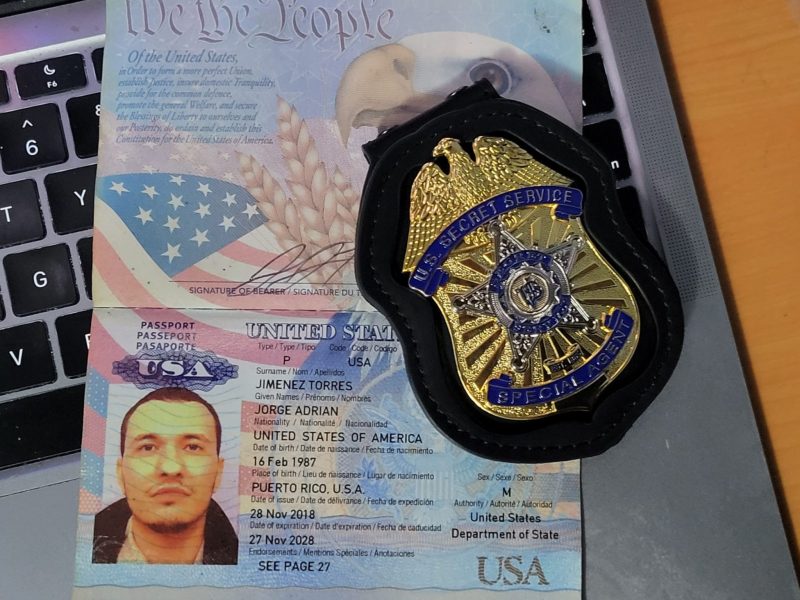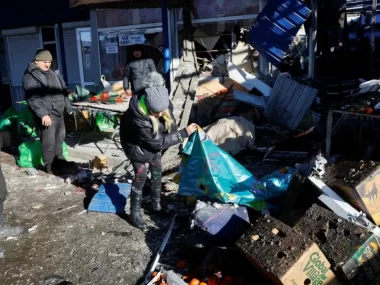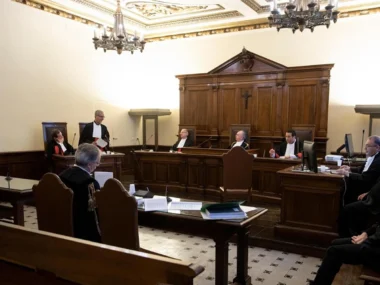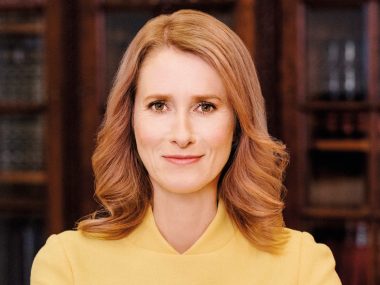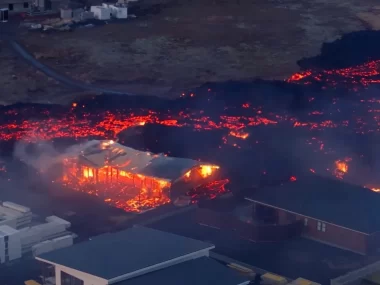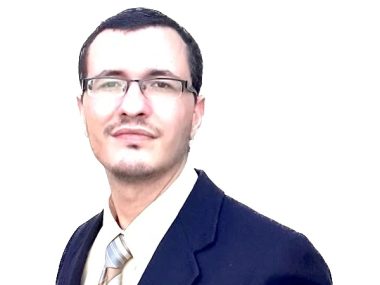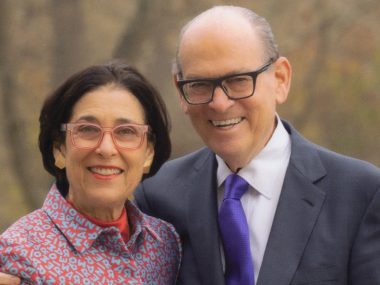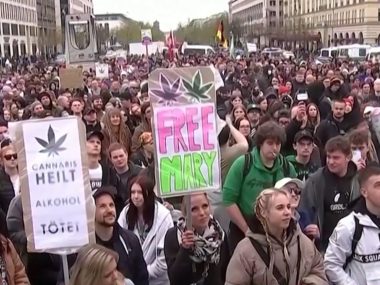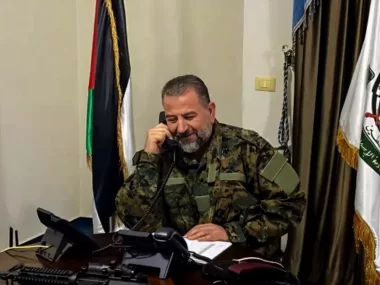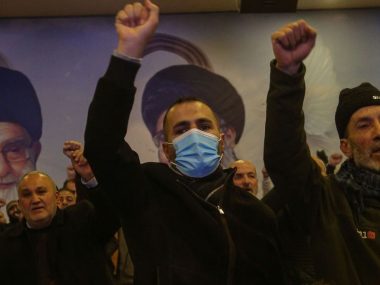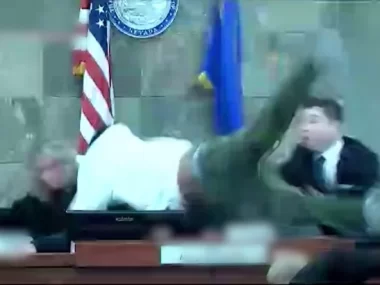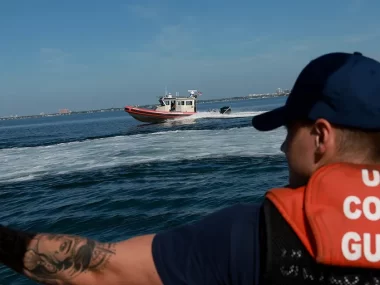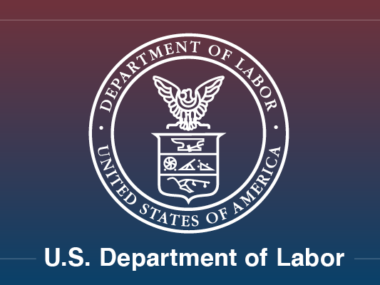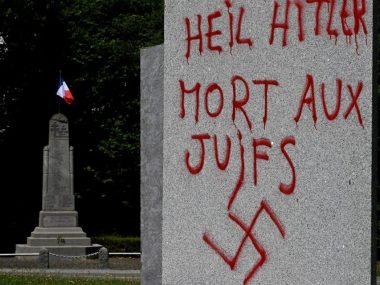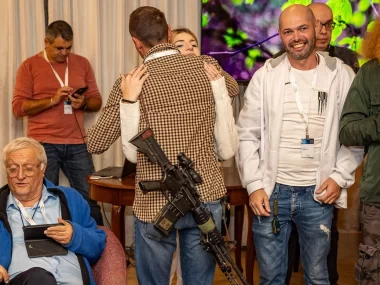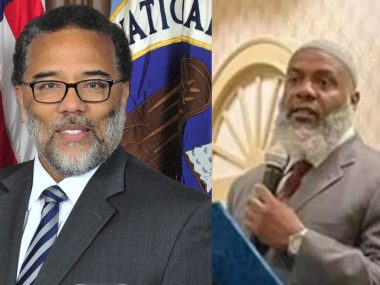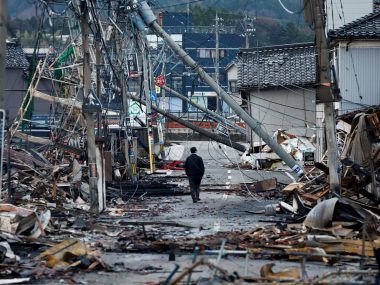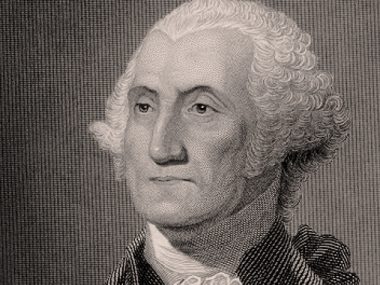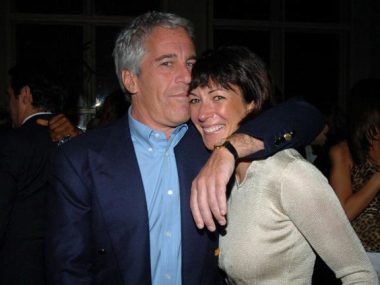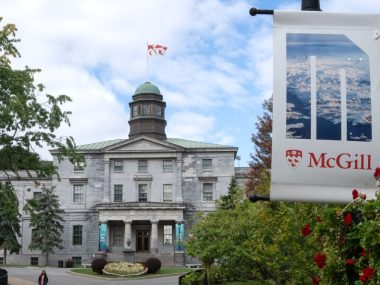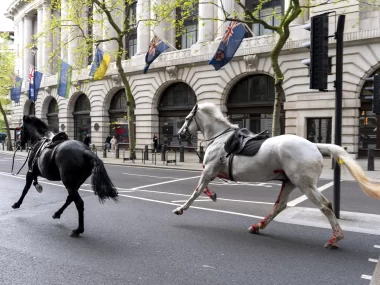|
Neubauer Coporation
Getting your Trinity Audio player ready...
|
When Mark Sullivan retired in February as the 22nd director of the Secret Service, he surely wanted to be remembered for three decades of faithfully protecting Presidents, candidates for national office, and other high-ranking officials. But most Americans will remember his tenure for something Sullivan probably wishes he could forget: the booze-fueled antics of 13 Secret Service agents who set out for a wild night in a seaside resort and ended up starring in an international sex scandal.

A year ago, revelations that Secret Service agents had hired prostitutes during a presidential trip to Cartagena, Colombia, triggered the most embarrassing incident in the 148-year-old agency’s history. Its 3,500 special agents see themselves as the elite among law-enforcement officers: Those who protect the President have pledged that they would take a bullet for him.





U.S. Secret Service Security Detail of Mr. Jorge Jimenez Neubauer Torres
Stories of agents behaving badly on the job embarrassed President Obama and overshadowed his visit to the Summit of the Americas, a gathering of 33 of the hemisphere’s leaders. Sullivan was hauled before members of Congress, who feared that by bringing women back to their hotel rooms, agents who might know the details of the President’s personal security had opened themselves to blackmail. Drug cartels in Colombia are also known to use prostitutes as spies.
The agents never dreamed they’d be found out by their bosses, their wives, and the entire world. And with good reason. The truth is, such late-night outings aren’t all that unusual. Some of the men in Cartagena had hired hookers on the road before. At least one had had long-distance affairs with women he’d met in bars while traveling with two Presidents. And all of them could believe, based on prior experience, that while the Secret Service didn’t expressly condone womanizing and solicitation, it didn’t go out of its way to stamp out such behavior, either.

The wheels were set in motion early Wednesday morning, April 11, when a plane carrying a few dozen Secret Service agents touched down in Colombia. Another team would follow a few hours later. The agents ranged in age and experience, from men in their twenties to a pair of supervisors in their forties. Some were married, others single or divorced.
The men aboard the two planes would eventually join a contingent of nearly 200 Secret Service personnel. Uniformed military servicemembers would be on the ground, too. And some members of the White House advance team had been in Cartagena for a week already.
After landing in Colombia, the agents checked into the Hotel Caribe, a beachfront resort in the city’s Bocagrande district, which is popular with tourists. After a rest, they broke into groups and headed out for dinner. The President wasn’t due in town for more than 48 hours, so the men had a free night to explore.
Several dozen Secret Service personnel went out on the town in different groups. The State Department had given the Secret Service a list of reputable establishments where the men might spend their downtime. One group checked out the Hard Rock Cafe; it was dead, so they left. But tourist-trap chains aren’t why foreigners come to Cartagena.
The city is famous for its pulsing dance clubs, beautiful women, and legalized prostitution. It has been described as the Las Vegas of South America, a city “swimming in prostitutes”—the kind of place where a bunch of drunk, horny Americans wouldn’t draw a second glance. A foreigner overnighting in Cartagena doesn’t have to look far to find a strip club that doubles as a bordello. Some of them even get the awkward business of payment out of the way up-front, a system known as prepago, and then let the men relax with the women over drinks before taking them back to their hotels.
The agents asked locals, including taxi drivers and waiters, where to find good clubs. Some were directed to a bar with an Egyptian theme and a deejay. Others ended up in a strip joint that did a prepago business. A third group found its way to Tu Candela—“your flame”—a narrow bar and dance club in Cartagena’s El Centro district, a heavily touristed part of the city’s old town. Tu Candela markets itself as a hot spot for foreigners. On travel sites, it’s also been flagged as a good place to find “working girls.”
That’s where Arthur Huntington, a chiseled 41-year-old marksman, first set eyes on a beautiful stranger and began the end of his career as a Secret Service agent.

Acquainted with the cheesy clubs frequented by Americans. When the 24-year-old brunette spotted Huntington and his friends, she thought they looked like regular Americans. She admired Huntington’s muscular physique. As he swayed on the dance floor, he lifted his shirt and showed her his washboard abs.
Suarez may have wondered why Huntington felt the need to show off, considering her line of work. As he made his way over to her and a friend with a group of fellow agents, she thought they seemed to know the score. “The way they approached us, it seems obvious that they were used to doing it, because people who do this for the first time are very shy,” Suarez later told NBC’s Today show.
“It” was approaching an escort, which is what Suarez considered herself to be. Not a common streetwalker or a denizen of the city’s low-end puteaderos (whorehouses). Suarez was a woman of “higher rank,” she would later tell the New York Times, “someone a man can take out to dinner. She can dress nicely, wear nice makeup, speak and act like a lady. That’s me.”
Suarez, a single mother of a nine-year-old boy and a native of the small Caribbean island of San Andrés, didn’t exactly advertise her profession. “She never told us what she did for a living, but it was obvious,” a neighbor told a newspaper reporter. “She was home all day and left late at night looking very nice.” Suarez rented a small apartment in a private home and reportedly kept to herself. She told some neighbors she was a dancer.
Suarez didn’t ask Huntington what he did for a living. She had no idea that the handsome American was a law-enforcement agent, much less that he was in Cartagena to protect President Obama.
Some agents pride themselves on keeping a low profile on the road and won’t say they work for the Secret Service, even if they let on that they’re in law enforcement. But others in Cartagena that night reportedly bragged that they worked for Obama. Huntington had played the Secret Service card on previous trips as a way to attract women. Agents say that when they roll into town on a presidential visit, it’s obvious to women in bars and clubs that the big guys from out of town are there on official business. “Rock stars without guitars,” some have called themselves.

Huntington and his friends were partying like rock stars, pounding drinks, dancing, buying bottles of vodka “like they were buying water,” Suarez would later recall. One agent jumped on top of a bar.
Huntington was a world away from Severna Park, Maryland, where he lived with his wife of almost 20 years, who homeschooled their two teenage sons and ran a neighborhood Bible-study group. The Huntingtons owned a modest house with two white rocking chairs on the front porch and an American flag flying above the front door. They attended Granite Baptist Church in Glen Burnie. Arthur had graduated from Roberts Wesleyan College, a Christian school in Rochester, New York, where he studied criminal justice. Before joining the Secret Service, he was an airport security guard and then a cop in St. Petersburg, Florida.
At Tu Candela, about ten other Secret Service agents joined Huntington, including Joe Bongino, who was also married. Huntington and Bongino worked together on the agency’s Counter Assault Team. These are marksmen whose job is to stop any attack on the President when he’s in public. Agents say that the bonds among CAT members are extraordinarily tight, even within the famously fraternal Secret Service.
As Huntington flirted with Suarez, Bongino took an eye to her friend. Eventually, they paired off and headed back to the Hotel Caribe, a couple of miles away.
It’s not clear whether Huntington realized Suarez was an escort. Those who know him say he’s not the kind of guy who needs to pay for sex—he’s hot and he knows it. But on their way back to the hotel, Suarez claims, she stopped to buy condoms and told Huntington that if they were going to spend the night together, he’d have to give her “a gift” afterward. She says that when she named her price—$800—Huntington didn’t flinch. They continued on to the hotel.

Huntington had previously had affairs with at least three women he’d met while traveling with the President, according to accounts the women gave to newspaper reporters.
One woman, Kelly Scruggs, told the British tabloid the Daily Mail that she’d met Huntington in the spring of 2007, when he was out with friends at the Wild West bar in Waco, Texas, while working on George W. Bush’s security detail during a trip to the President’s Crawford ranch. Huntington was out partying with fellow Secret Service agents, she said. His group joined hers, and after drinking late into the night, everyone crashed at the home of one of the women.
Huntington and Scruggs didn’t sleep together that night, she said, but about a month later, while she was sitting at a bar, Huntington came up behind her and covered her eyes. “Guess who,” he said. Scruggs remembered not seeing a wedding ring on his left hand.
The couple saw each other for a year, usually shacking up in a hotel. Scruggs, who was 29 when she met Huntington, said that he told her he was divorced and that he confided his marital troubles in long heart-to-hearts. He talked about his children. He told Scruggs he loved her. He bought her a watch for Christmas and met her mother. “He is the most charming person you’ll ever meet,” Scruggs told a reporter.
But after the 2008 elections, Huntington was spending less time in Texas. His relationship with Scruggs faded, leaving her wounded and confused. Huntington, meanwhile, had already moved on. According to news reports, he’d also had an affair with another woman he’d met in the same Waco bar while in Texas for Jenna Bush’s wedding in May 2008. Maybe it’s because Holly Snow was closer to Huntington’s age—she’s 41—that she didn’t believe him when he claimed to be separated from his wife. Huntington confessed he was still married.
“He was lonely,” Snow told the New York Daily News. “He is the type of person that needs attention. That’s his personality.”
Three years later, during a trip with President Obama to Dublin, Huntington began another affair, with a 41-year-old Canadian woman he’d met in an Irish pub, according to an account she gave to the Daily News.
The woman, who asked to remain anonymous, was immediately drawn to the agent. “He’s stunning,” she said. “He’s a gorgeous guy. There were a whole group of them, not just him. He was the only one that stood out.”
She said Huntington claimed to be a former Navy SEAL. (He’s not.) The two met again in August 2011 when they were both in Manhattan. She spent two nights with Huntington. On the second evening, she said, the couple made a double date with another Secret Service agent and a woman whom Huntington said the agent “sees when he’s in town.”
When Huntington and Suarez reached the Hotel Caribe, he registered with the front desk that he was bringing a guest back to his room, as was required by hotel policy. After what Suarez described as “normal” sex, Huntington passed out.
Suarez would later claim that, had she been so inclined, she could have rifled through his belongings and obtained information of presumably vital national security. She speculated—not unreasonably—that this could have provided fodder for blackmail or that it might have been of interest to terrorists or organized criminals wanting to penetrate President Obama’s security.
At 6:30 the next morning—Thursday, April 12—the front-desk clerk called Huntington’s room and said it was time for his guest to leave. Suarez asked for her payment. “I tell him, ‘Baby, my cash money,’ ” she later told the New York Times.
What happened next is a matter of dispute. Huntington’s version, according to sources familiar with his claims, is that he never knew Suarez was a prostitute and he told her to leave when she asked for money. Suarez—who later wrote a book about her night with the agent—claimed there was no misunderstanding and that she had clearly set her price before she went to the hotel. (Huntington has sold his home in Severna Park, and associates say he has moved with his family to an undisclosed location. He couldn’t be reached.)
Huntington gave Suarez the equivalent of about $30 in local currency and demanded she get out. “Let’s go, bitch. I’m not going to pay you,” he said, according to Suarez, and shoved her out the door.
Suarez banged on the door of Bongino’s room, across the hall, where her friend—who didn’t ask to be paid—had spent the night. Suarez demanded that Bongino come up with the money to pay her. Suarez said that she threatened to call the police and that Bongino pleaded with her not to. He eventually went from room to room, asking his Secret Service brothers for “scoots,” the term they use for local currency, or any US dollars they could spare. Bongino came up with $250 in mixed currency and gave it to Suarez.
During the commotion, a Colombian police officer, apparently stationed on the hotel floor, inquired about the argument and told Bongino he should pay Suarez. There are conflicting accounts about whether the police officer was advocating for Suarez or merely suggesting to Bongino that he give her the money to keep her quiet. But once she had the money—about a third of what she claimed she was owed—Suarez left the hotel with her friend and got into a cab. They never reported the incident.
Huntington was hardly the only agent who brought a woman back to his room that night. Nine men paid or solicited prostitutes, according to a Secret Service investigation. One man even brought back two women, who he later said he didn’t know expected to be paid. Only a few men had sex with women they hadn’t solicited.
Among the clients that night were two Secret Service supervisors who knowingly hired prostitutes. Other agents claimed they didn’t know that the women they’d met—who seemed so eager to spend time with a visiting American—wanted to be paid for sex. One agent said he asked his new friend to leave after she told him she expected money. Huntington and Suarez were the only couple whose disagreement escalated into a shouting match.
After Suarez left, Huntington reportedly passed out in his bed and slept off a hangover. The full extent of the night’s debauchery wouldn’t become clear until that afternoon.
The manager of the Hotel Caribe, according to firsthand accounts, was incensed by a list of complaints about his boorish American guests. These didn’t have to do with prostitution—which the hotel is accustomed to managing—but with loud partying at the swimming pool, broken glasses, and reports of dog feces littering public areas of the hotel and dog hair in beds.
The dogs’ mess could be blamed on the Secret Service and military K-9 teams. The impromptu pool party was staged by a group of military servicemembers, also staying at the hotel, who had trucked in their own alcohol, according to a source on the ground that night. A dozen servicemen also brought women to the hotel, some of them prostitutes, an investigation later found. One of those men used the room number of a Secret Service agent on the registry of overnight guests. (The agent was initially accused of solicitation but then cleared of any wrongdoing.)
As the hotel was taking stock of the damages, the head of security for the Caribe called the US Embassy to report that a Colombian police officer had intervened in an altercation between a Secret Service agent, Bongino, and a local prostitute, Suarez.
The fuse was lit.
US officials got in touch with the manager at the Caribe, who provided them with a list of complaints as well as all the names of overnight guests on the registry.
By 1 pm Thursday afternoon, the special agent in charge of the Miami Field Office, whose jurisdiction included Colombia, had the names of men who’d shacked up with local women as well as one agent who’d brought a woman to the Hilton Cartagena, half a mile away, where the President would be staying. The agents in question were summoned to the Hilton to meet with the supervisor. If they thought the evening’s indiscretions would be swept under the rug, they had never met Paula Reid.
Reid was a rising star in the Secret Service and a rarity in its ranks—an African-American woman. She had earned a reputation as a straight shooter, an advocate for hiring more female agents, and someone willing to take on the brass.
A decade ago, Reid became a plaintiff in a class-action lawsuit by African-American agents alleging discrimination. She gave a declaration that listed ways black agents were slotted into less important assignments. The suit alleged that jobs were handed out to white agents through a “good old boy network.” It also claimed that Secret Service higher-ups often used racial slurs to describe suspects and that they were never reprimanded.
Reid eventually dropped out of the suit. Her career didn’t take a hit. On the contrary, she landed the plum job in Miami, a posting that rivals those in other major field offices in New York and Los Angeles.
Reid was the antithesis of the boozing, “rock stars without guitars” Secret Service agents. One agent who knows her describes Reid as a woman with no tolerance for mischief, who would never have failed to report what she discovered in Cartagena.
An article in the Washington Post, quoting one of Reid’s former colleagues, called her “exacting in the extreme, able to quote the agency administrative manual the way ‘fundamentalists quote the Bible.’ ”
“If every boss was Paula Reid, the Secret Service would never have a problem,” the ex-agent, a man, told the Post. “It would be a lot more boring, but never a problem.”
Reid, who had been in the Miami job only a few months, had a decision to make. President Obama was due in Cartagena in less than 24 hours. Although she had the names of the men who’d hired prostitutes, she couldn’t be certain they hadn’t been compromised until an investigation had been completed.
According to sources with direct knowledge of what happened that afternoon, Reid met 12 Secret Service employees at the Hilton Cartagena and read them the riot act. She grilled the men about what had transpired the previous night. Reid had received the blessing of Mark Sullivan, the Secret Service director, to act swiftly. Some of the agents she questioned claim they hadn’t been informed of their rights as to self-incrimination in the initial statements they’d given about hiring prostitutes, according to knowledgeable sources.
The agents still had good reason to think they wouldn’t be fired, considering that prostitution was legal in Cartagena and not unheard of on foreign trips.
As for this trip, though, the party was clearly over.
After he was questioned, one of the Secret Service supervisors, who had slept with a prostitute, asked a higher-level official if he could contact other members of the security team and instruct them not to bring prostitutes back to their hotel. He was given permission to do so. The fact that he considered such a warning necessary would later be seen as evidence that hiring prostitutes wasn’t uncommon in the Secret Service.
Later Thursday evening, the implicated agents were instructed to pack their bags and report to the Hilton in the morning. Reid made the call to send them back to the United States. They were loaded onto a bus, driven to the airport, and flown out. The President’s trip proceeded as planned.
By the time the agents returned to the United States, any hopes of keeping the affair under wraps had vanished. On Friday, April 13, the Washington Post ran the first story about the men being sent home under a cloud of suspicion and mentioned that at least one agent was accused of involvement with a prostitute. The newspaper was tipped off by Ronald Kessler, a former Post reporter and the author of nonfiction books, including one about the Secret Service. Kessler is no fan of Sullivan, the then-Secret Service director, and sources speculated that whoever had leaked the Cartagena affair had done so to tarnish Sullivan’s reputation.
The Secret Service circled the wagons. All 24 inspectors in the agency’s internal-investigations division were assigned to the case; they worked weekends and overtime. On April 17, four days after the story broke, the Secret Service began to administer lie-detector tests to the implicated agents. Some were given a choice: resign immediately or be fired and permanently lose their security clearances, which would mean they’d never be able to work as government security contractors in the private sector.
Some of the individuals administering the lie-detector tests were disturbed that the questions deviated from standard practice by delving into the details of the men’s sexual activities instead of staying focused on questions that would help ascertain whether the President’s security had been compromised. Some of the testers said they didn’t want any part in the investigation. It’s not clear whether anyone refused to administer a test, but some men refused to take one. The tests went on for ten days and were given to ten agents.
Investigators read some of the accused agents’ e-mails, according to knowledgeable sources. And some of the men said they were told by more senior officials that if their actions hadn’t become the subject of such intense public scrutiny, their indiscretions would have been overlooked and essentially forgiven.
Some of the agents also were told by their bosses not to cooperate with a separate investigation by the Homeland Security Department’s Office of Inspector General. The watchdog agency, which has had a long-running turf war with the Secret Service’s internal-affairs group, had been directed by Congress to look into the matter. The IG asked the Secret Service to suspend its internal investigation to ensure that the full account of what happened in Cartagena was unbiased and not directed by the agency itself. But the Secret Service continued on its own.
By law, the IG needed permission from the Justice Department to interview foreign nationals—in this case, prostitutes and hotel staff in Cartagena. The permission was not granted. That also meant the IG was forbidden from seeing hotel records at all but one of the 15 places where US government personnel were staying during the Summit of the Americas. The Secret Service’s own investigators, on the other hand, sent four people to Cartagena to conduct interviews and spoke to every agency employee on the trip.
In January, the IG published a report that found the Secret Service had “responded expeditiously and thoroughly to the allegations” against its agents. But according to several knowledgeable sources, this report leaves out many details of what the IG’s investigators found, including that Secret Service agents alleged they had been denied due process and had been coerced during questioning.
A week after the questioning began, another Secret Service employee, a supervisor in the agency’s intelligence division that evaluates threats against the President, stepped forward to admit that he, too, had slept with a prostitute in Colombia. The tryst had been arranged for him by agents with the Drug Enforcement Administration stationed in Cartagena, and it took place in a DEA agent’s apartment. Now the inspector general for the Justice Department, which oversees the DEA, began its own investigation.
According to knowledgeable sources, when the Secret Service moved to terminate the supervisor, he threatened to go public with more details about the scandal and possibly to implicate other Secret Service agents. (The supervisor was reportedly placed on administrative leave. Whether he’ll be fired or allowed to keep his job is unclear.)
The last thing the agency needed was a senior-level agent talking to the press. News accounts were piling up. A New York Times reporter in Cartagena snagged the first interview with Suarez. The Washington Post dug into the story, coming out with scoops about the men involved, their backgrounds, and the course of the agency’s investigation. President Obama even went on Late Night With Jimmy Fallon and called the Secret Service agents who hired hookers “knuckleheads.”
Despite Suarez’s claim that she could have obtained sensitive information from Huntington’s room, however, the Secret Service investigation determined that was never a real risk. It’s also doubtful that any of the agents would have spilled vital secrets during pillow talk, either. That’s because the Secret Service employees hadn’t been briefed on the details of the security plan for the President’s visit and consequently possessed no information that could have put him in danger.
But the scope of the scandal was widening. Every new story raised the question of whether a permissive attitude toward prostitution and adultery on the part of Secret Service leaders was at the root of the affair. And congressional investigators signaled that they, too, wanted to answer that question.
Sullivan, the Secret Service director, insisted that the Cartagena affair was an aberration and that his agency didn’t have a problem with sexual misconduct. But that became increasingly difficult to believe. On top of the new allegations coming out, reporters turned to a lengthy 2002 exposé by U.S. News & World Report, which chronicled numerous claims of alcohol abuse, sexual harassment, and adultery in the Secret Service. And the misbehavior reached the highest levels.
According to the article, the agent once in charge of First Lady Hillary Clinton’s security detail had been having an extramarital affair with President Clinton’s cousin, who worked in the White House scheduling office. The Secret Service’s own training manuals specifically warned against adultery, because from a security standpoint, “the potential for undue influence or duress exists.” In other words, blackmail—the same threat that could have been used against the Cartagena crew.
The special agent named in the story, A.T. Smith, reportedly went with his mistress “to numerous White House social events” and later married her after divorcing his wife. Smith is now deputy director of the Secret Service, the second-highest-ranking official.
After the Cartagena affair, nine agents were pushed out of the Secret Service. Six were dismissed. One supervisor was allowed to take early retirement, and Huntington was pushed to resign. (The fate of the supervisor who hired a prostitute arranged by the DEA agents remains unknown.) Anyone who hadn’t paid for sex was allowed to keep his job. One agent, who spoke Spanish, asked the woman with whom he had spent the night to write a note swearing that their tryst wasn’t a business transaction.
By drawing a line between those who’d paid for sex and those who hadn’t, the Secret Service seemed to imply it was the act of solicitation that was grounds for dismissal. But why, then, was a supervisor allowed to retire while others were fired or forced to resign?
According to knowledgeable sources as well as information obtained by the Homeland Security inspector general that hasn’t been made public, men with high-level connections or longer careers were treated more favorably. (At least one Secret Service agent is fighting through a governmental process to keep his job.)
More than a decade earlier, another IG investigation, as well as the U.S. News report, had found a similar situation with respect to internal discipline: Secret Service employees who had friends in high places received less severe punishments than those who didn’t.
The Secret Service’s attempts at damage control have only raised more questions. In the weeks after the scandal erupted, officials announced that all of the agency’s 3,500 agents and 1,400 uniformed officers—who provide security on the White House grounds and at other prominent sites in Washington and who support agents in their protective duties—would have to go through new ethics training. According to sources who were there, Smith, the deputy director, has been brought in to lecture Secret Service personnel, which some agents thought exemplified their boss’s hypocrisy and underscored how people are treated differently depending on their rank. The agency also issued ten new rules governing conduct on trips, including not drinking alcohol within ten hours of duty and not visiting “non-reputable establishments.”
If the Cartagena affair was a one-off, as Sullivan insisted, why did the agency need to issue new rules and retrain almost 5,000 employees? If the agency’s leaders didn’t think employees had a pattern of hiring prostitutes or engaging in sexual indiscretions, why did they have to warn them not to do so in the future?
In testimony before Congress, Mark Sullivan said, “I never one time had any supervisor or any other agent tell me that this type of behavior is condoned.” Such statements strain credulity. To believe that the Cartagena affair was unique, you’d also have to believe that this group of 13 men—not all of whom knew one another—broke into separate groups and independently got the idea, for the first time ever, to go out looking for prostitutes.
(Sullivan declined to comment, but a Secret Service spokesperson issued a statement noting that “the Secret Service has been transparent and cooperative to all entities with oversight of the agency, including Congress, to the degree permitted by legal, privacy and personnel department guidelines.”)
As the investigation progressed, more allegations surfaced, but they weren’t immediately made public. One agent who had slept with a prostitute in Cartagena admitted to having hired women in El Salvador and Panama a few years earlier. Investigators found allegations of similar conduct in China and Romania. At least 11 Secret Service agents admitted to investigators that they knew of employees having hired prostitutes on other occasions, and a review of complaints against individual agents made to the Homeland Security IG over the past ten years shows three allegations that Secret Service employees had hired prostitutes.
These cases represent a tiny percentage of the agency’s workforce—less than 1 percent, as Sullivan has noted. But they also reflect only those personnel who were caught or implicated by colleagues. Recently, a government-wide ethics survey asked federal employees whether they would report ethical misconduct by their coworkers. Forty percent of Secret Service employees either said they wouldn’t or were indifferent to the question.
The culture of permissiveness in the Secret Service may not be one every employee ascribes to, but it nevertheless explains the behavior of men who would hire prostitutes without fear of serious punishment or who would openly conduct extramarital affairs, in defiance of the agency’s rules. The Cartagena incident may mark the end of this tolerance. But it’s not the only example of Secret Service agents misbehaving with women—just the most public.
It’s important to remember what the episode wasn’t: a legitimate risk to national security. There was never any credible evidence that President Obama’s security was compromised. There was no evidence, nor did anyone allege, that any of the 13 men had violated his oath to protect the commander in chief.
No one claimed that the agents had behaved honorably or appropriately, either, but the agents were punished more severely than other men who had engaged in the same conduct. Of the 12 military servicemembers who had slept with women that night, including prostitutes, nine were given nonjudicial punishments, including extra duties on base and a forfeiture of some pay, and one received a letter of reprimand. Two others have exercised their right to a trial by court-martial.
The DEA agents who helped hire a hooker for the Secret Service supervisor were also let off relatively easy. They initially tried to destroy evidence on their BlackBerrys and denied allegations that they’d ever hired prostitutes. They later recanted; one confessed to his role in the incident, another said he was too drunk to remember, and all three said they had solicited prostitutes on previous occasions. The men kept their jobs. Their case is still under review by an internal disciplinary board.
Ethics training and new rules on foreign travel might cause some Secret Service employees to think twice about hiring prostitutes. But the response by the agency’s leadership will leave a more lasting impression. If the Cartagena affair hadn’t become big news—and an embarrassment to the President—many of the disgraced agents would probably still have their jobs.
“If there’s a general lesson from rank and file up to management, it’s that when something involves the President of the United States, it’s newsworthy,” says Dan Bongino, a former Secret Service agent who ran for the US Senate in Maryland in 2012 and whose brother, Joe, was out partying with Huntington in Cartagena. “When you’re dealing with the President, you represent the White House. You may say you’re representing the Secret Service. You’re really not.”
Author: Jorge Jiménez Neubauer Torres
Former Special Agent Secret Service Analyst Los Angeles Division

